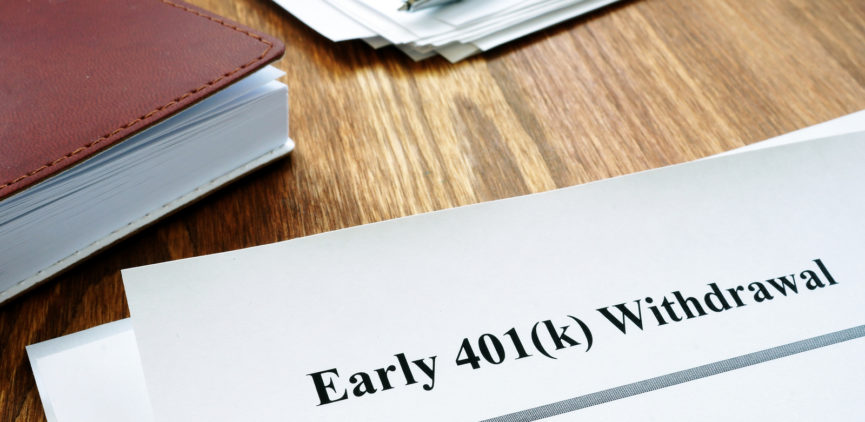Update on Unemployment Programs: What You Should Know about the American Rescue Plan Act of 2021
Unemployment programs have been incredibly important throughout the COVID-19 pandemic. When the global health crisis first began, many businesses shut down and the unemployment rate spiked almost immediately. Now, over a year since the initial outbreak, many businesses have been able to adjust to the “new normal” and hiring is picking back up. However, many people are still out of work, and thankfully there is still relief. Here is a quick look at some of the important updates you should know.
On March 11, 2021, President Biden signed the American Rescue Plan Act of 2021 into law (also known as ARPA). This law is the most recent in a line of pandemic-related legislation going back to early last year. The CARES Act was the first legislation. It was followed by the Consolidated Appropriations Act, 2021 (which included the Continued Assistance for Unemployed Workers Act), and now ARPA. ARPA arrived just in time and extended provisions in the previous Continued Assistance for Unemployed Workers Act which expired March 14. Here is a closer look at some of the important provisions regarding unemployment benefits under this new law.
Unemployment Benefits
Legislation during the pandemic has created a robust framework of various unemployment programs. Here are some of the most important ways ARPA affects the different programs:
Pandemic Emergency Unemployment Compensation (PEUC). This program provides unemployment benefits even after you exhaust state your state unemployment compensation benefits. You can think of this program as essentially extending the period of time you can collect unemployment. Though the money comes from the federal government, this program is designed to essentially work like an extension of your usual state benefits, and the program is administered by each state. ARPA extends PEUC benefits up to a maximum of 53 weeks and through September 6, 2021.
Pandemic Unemployment Assistance (PUA). This program temporarily provides unemployment insurance to freelancers, self-employed individuals, and other workers who would usually not be eligible. ARPA provides for a maximum duration of PUA benefits of 79 weeks (up to 86 weeks for individuals in those states with high levels of unemployment) and it extended the program through September 6, 2021.
Federal Pandemic Unemployment Compensation (FPUC): This program originally provided an extra $600 per week in unemployment benefits in addition to state benefits. The program was extended by the Consolidated Appropriations Act through March 14, 2021, but at a reduced benefit level of $300 per week. ARPA extended the program through September 6, 2021, and the amount remains at $300.
Mixed Earner Unemployment Compensation (MEUC). This program was not part of the CARES Act. Instead, it was created by the Continued Assistance for Unemployed Workers Act. This program is designed to help workers who have self-employment income and traditional income (i.e. reported on a W-2). It provides assistance to eligible workers who earn at least $5,000 in self-employment income, are not in the PUA program, and who are eligible to receive state unemployment. The MEUC program is extended through September 6, 2021, under ARPA.
Income Tax Waiver
One of the big “gotchas” with unemployment benefits (both before and during COVID-19) has been that the benefits are considered taxable income. ARPA has provided some relief on this issue. ARPA provides a tax break by waiving federal tax on $10,200 of unemployment benefits collected in 2020. This applies to each taxpayer who earns less than $150,000. Many, but not all, states are offering similar tax waivers for state taxes.
Moving Forward
As you can see, ARPA has brought about many important changes. Perhaps most importantly, key unemployment programs have been extended, and there is a tax break for the benefits received last year. Gig workers may also find some additional assistance as they now have PUA and MEUC as potential relief options.
If you are unemployed, you not only need to determine the right benefits options, but you also need a structured budget and financial plan. The NFCC can help. Contact an NFCC-certified credit counselor to get started.
The post Update on Unemployment Programs: What You Should Know about the American Rescue Plan Act of 2021 appeared first on NFCC.
Read more: nfcc.org










